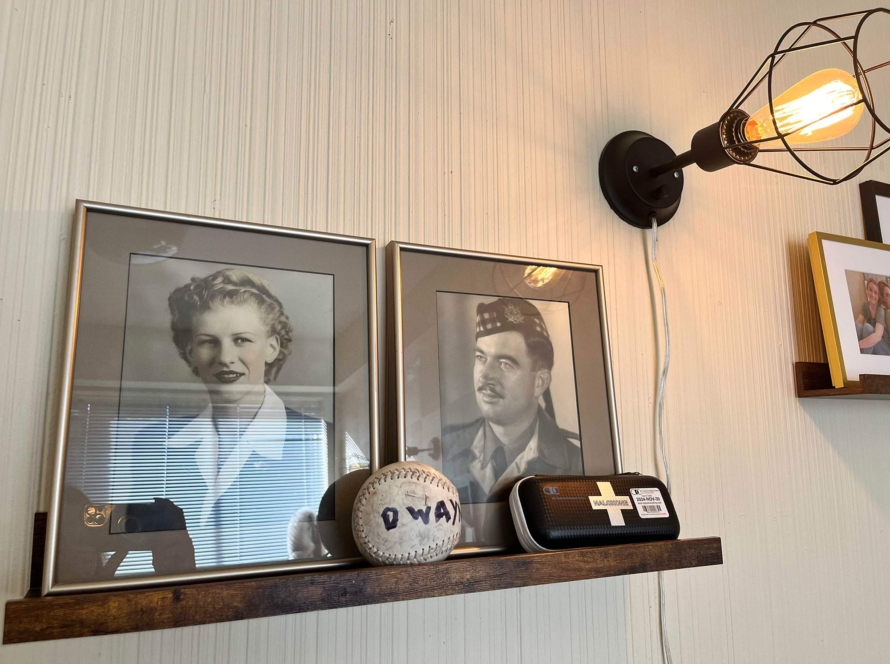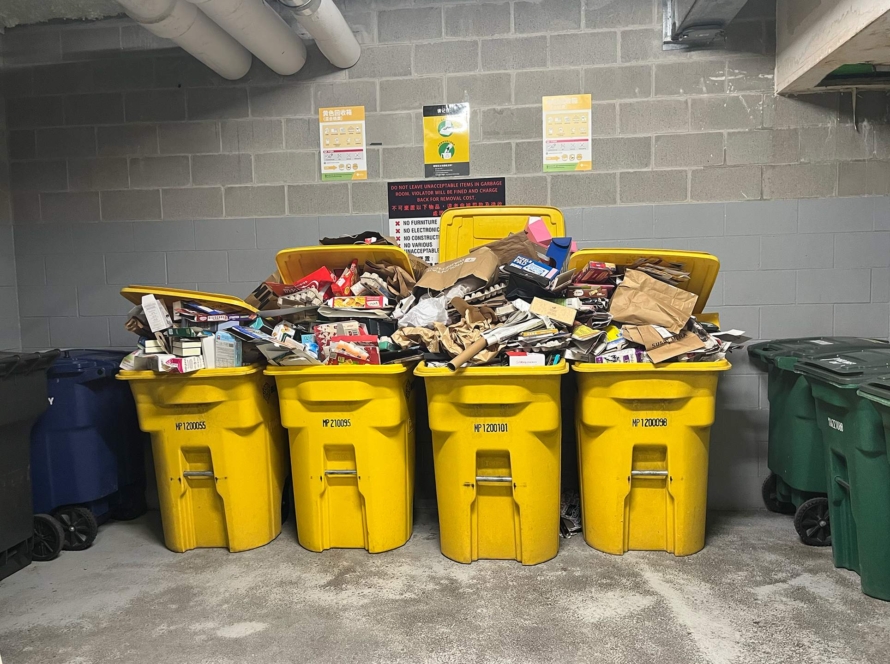Canada, known for its robust legal framework, holds stringent laws governing various aspects of Private Investigation – and while it’s tight it just means we, as P.I.s need to get creative.
Compared with the United States, Canada’s laws are very tight, and understanding the boundaries between what is legal and what is not is crucial, especially when it comes to the limitations of hiring a Private Investigator.
Legal Boundaries for Private Investigators in Canada
Private Investigators in Canada operate under specific regulations, with allowances and limitations clearly defined.
Here’s a brief breakdown of what we are permitted to do:
- Take Photos Without Consent
- Conduct Background and Criminal Checks
- Conduct Mobile or Static Surveillance Without Consent
- Interview Individuals
- Utilize Open Source Information through OSINT
- Review Business and Corporate Documents
- Pretend to be a Non-Law Enforcement Individual
However, a critical caveat is that these permissions are contingent upon Private Investigators being licensed in the province where they operate. For instance, in British Columbia, a security worker’s license specifically designating Private Investigation is a prerequisite.
The Regulatory Landscape: PIPEDA
The principal legislation governing Private Investigators in Canada is the Personal Information Protection and Electronic Documents Act (PIPEDA). This federal law plays a pivotal role in regulating privacy, outlining when private individuals are allowed to collect, use, and dispose of personal information.
Limitations Imposed by PIPEDA and Other Legislation
Despite the latitude granted to Private Investigators, there are clear restrictions imposed by PIPEDA and other provincial and federal laws.
Here are just a few actions that are strictly prohibited. Private Investigators cannot:
- Trespass onto Private Property
- Hack into Private Devices
- Record Conversations Without Consent
- Pretend to Be Law Enforcement
These constraints are in place to safeguard individuals’ privacy and ensure ethical conduct in the field of Private Investigation. Abiding by these rules also keeps our clients safe and ensures that any evidence we collect will stand up in a court of law.
Surveillance within Legal Limits
In certain scenarios, hiring a Private Investigator is a lawful course of action, particularly in personal injury claims against insurance companies. However, provincial legislation sets limits on surveillance practices to protect privacy.
For example, Private Investigators are legally allowed to capture photos and videos of individuals in public settings. This is aimed at uncovering activities inconsistent with claimed injuries in cases involving personal injury claims. While this may initially appear intrusive, such actions fall within the legal boundaries defined by Canadian privacy laws.
Understanding the legal intricacies surrounding Private Investigation in Canada is vital for both Investigators and individuals who may be subjects of investigation. With PIPEDA and other legislation in place, there is a delicate balance between the rights of Private Investigators and the protection of individual privacy. By adhering to these laws, the field of Private Investigation can operate ethically and within the confines of Canadian legal standards.
If you have any questions, please contact us for a free 20-minute consultation.
Anna J.
Originally from Sydney, Australia, I'm the Founder of Recover, a Private Investigation & PR agency headquartered in Vancouver.
I earned my Bachelor of Journalism minoring in film and Criminology, and was Candidate for the MFA Creative Writing Program at the University of Victoria.
I began my professional career in publishing at Wiley, and my journalism career reporting on baseball from Brisbane to Boston.
I spent over 10 years reporting, and my last beat was crime, which led my move into to Private Investigation.
As Licensed Private Investigator, I work on complex cases including homicides, large-scale civil suits, and missing persons.
I work with PI firms across BC & the US, and appear in the media for my work.
I run on prayer and coffee.



